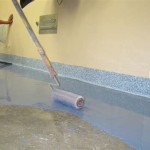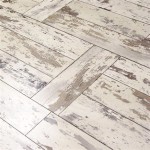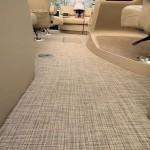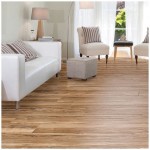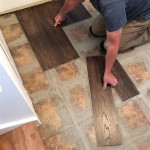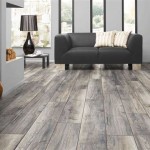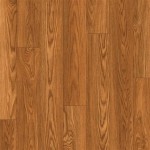Unveiling the Essential Aspects of Radiant Floor Heating Flooring Options
Radiant floor heating has emerged as a popular choice for homeowners seeking comfort and energy efficiency. By installing hydronic pipes or electric heating elements beneath the flooring, this innovative system delivers warmth that radiates evenly throughout the room, creating a cozy and inviting atmosphere. When selecting the ideal flooring options for a radiant floor heating system, several key factors must be considered.
Material Compatibility
The choice of flooring material is crucial for optimal performance and longevity of the radiant floor heating system. Materials with good thermal conductivity, such as tile, stone, and concrete, allow heat to transfer efficiently from the heating elements to the surface. Wood flooring is also compatible with radiant floor heating, but the thickness and type of wood must be carefully selected to prevent warping or damage.
Thermal Resistance
Thermal resistance measures the material's ability to resist the flow of heat. The lower the thermal resistance, the better the heat transfer. For radiant floor heating, materials with low thermal resistance, such as radiant-rated carpet or thin underlayments, are preferred. High thermal resistance materials, such as thick padding or multiple layers of flooring, can impede heat transfer and reduce the system's efficiency.
Moisture Considerations
Radiant floor heating systems can introduce moisture into the flooring, especially in humid environments. Materials like laminate and vinyl plank flooring are not inherently waterproof and can be susceptible to damage from moisture penetration. In these cases, moisture barriers or sealed seams are essential to protect the flooring and prevent water damage.
Durability and Maintenance
The flooring should be durable enough to withstand the temperature fluctuations and potential weight load associated with radiant floor heating. Ceramic tile, natural stone, and engineered hardwood are known for their durability and are excellent choices for radiant floor heating. Regular cleaning and maintenance are also important to ensure the flooring remains in good condition and preserves its performance.
Aesthetic Appeal
In addition to the technical aspects, the aesthetic appeal of the flooring is equally important. The flooring should complement the overall design scheme and create a visually pleasing living space. A wide range of materials, colors, and textures are available to choose from, allowing homeowners to personalize their radiant floor heating system to match their taste and decor.
By carefully considering these essential aspects, homeowners can select the ideal flooring options for their radiant floor heating system. With the right materials and installation, they can enjoy the unparalleled comfort and energy efficiency that this innovative heating solution offers.

Types Of Floorings That Work Well With Radiant Floor Heating H

Radiant Heating Department Of Energy

Average Radiant Floor Heating Cost In 2024 Forbes Home

Heated Vinyl Floors Everything You Need To Know

How To Install Radiant Heat Flooring Forbes Home

Selecting Flooring Materials That Work Best With Radiant Floor Heating Pro

Radiant Floor Heating Systems Buyers Guide 2024 Warmup

Heated Floors Matt Clark Tile

Heated Vinyl Floors Everything You Need To Know

On Those Chilly Seattle Mornings Heated Floors Are Worth The Hype Times
Related Posts


